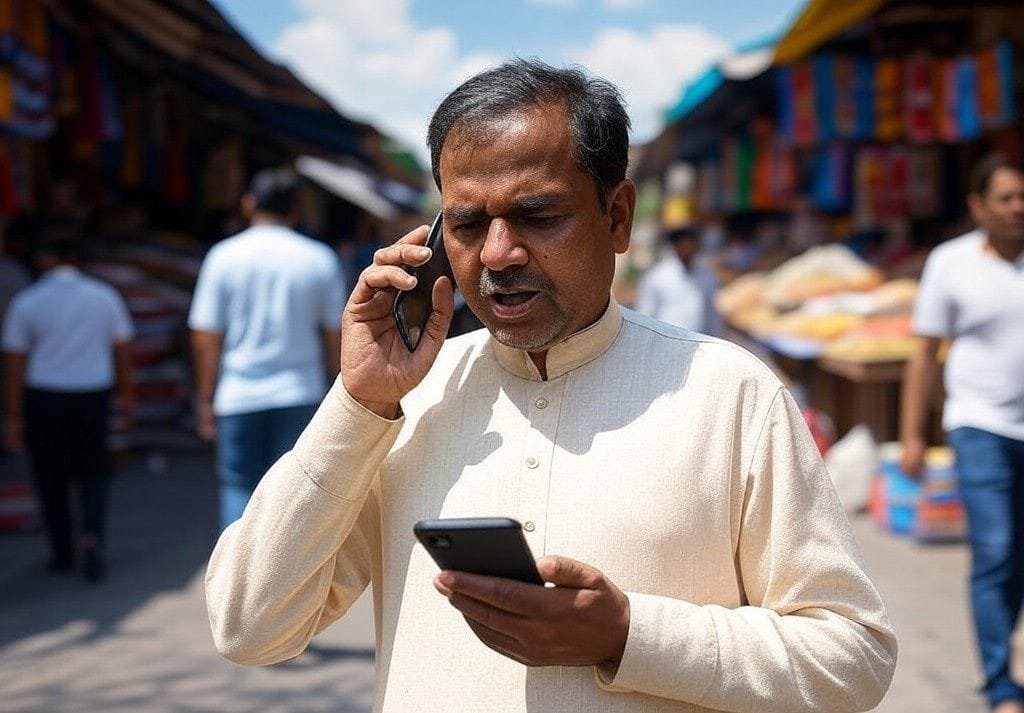In a heated response to the Telecom Regulatory Authority of India (TRAI)’s proposal to unbundle data, voice, and SMS services, major Indian telecom companies such as Reliance Jio, Bharti Airtel, and Vodafone Idea have voiced strong opposition. These companies argue that such a move would disrupt the consumer-centric, data-driven ecosystem built over the years.
Telcos Underline Unbundling Difficulties
Bharti Airtel has slammed TRAI’s intervention as contradictory to the long-held principle of non-interference in the retail market by the regulator. The present bundled plans, according to Airtel, allow the consumers flexibility, affordability, and innovative options, according to their needs. TRAI’s own survey findings have been cited by Airtel, showing that most respondents found the existing offerings satisfactory and reasonably priced.
Reliance Jio raised apprehensions that unbundling may lead to some unwanted effects, such as increased SMS spam. Jio further emphasized the role of data in modern communication, which includes essential services like digital payments and government schemes. The telecom giant argued that dismantling bundled plans will confuse consumers, increase costs, and disrupt the seamless connectivity that bundled services currently provide.
Vodafone Idea (Vi) mirrored these concerns, highlighting the efficiency and simplicity of bundled plans. Vi noted that such packages eliminate the need for frequent recharges, offering consumers convenience and cost-effectiveness.
BSNL’s Support for TRAI’s Simplification Proposal
On the other hand, the state-run BSNL has supported the move by TRAI, calling the current bundled structure as being too complicated even for insiders in the industry. BSNL has advocated a simple approach of two types of plans based on billing methods that could make telecom services more accessible.
TRAI’s intentions Behind the Proposal
The proposal by TRAI intends to reach the niche users such as elderly users, dual SIM users, rural inhabitants, and the 150 million people still using 2G networks. As the regulator believes that a standalone voice and SMS offer will benefit consumers who have no need for data, this will help them come within the affordability of those segments.
Possible Implications for the Telecom Sector
This plan has raised concerns for telcos as it threatens to adversely affect the growth in the industry. Telcos have apprehensions that the unbundling of services might delay India’s march to 4G and 5G networks, a move essential for increasing ARPU.
Bundled plans have been the hallmarks of India’s evolution in the telecom sector as they offer seamless access to unlimited calls, SMSs, and data. Thus, with the fragmentation of these offerings, TRAI may inadvertently hinder the telcos from promoting data adoption and thus digital transformation.
The controversy shows there is a challenge to reconciliation between consumer needs and sector growth. While TRAI wants to offer cheaper personalized packages to the less-covered segments, the industry treats unbundling as a roll-back in India’s digitalisation journey.
As the issue continues to be discussed by the two parties, one would expect the telecom department and TRAI to move towards an amicable ground where consumer interests are also not compromised and technology supports the same.



Average Rating